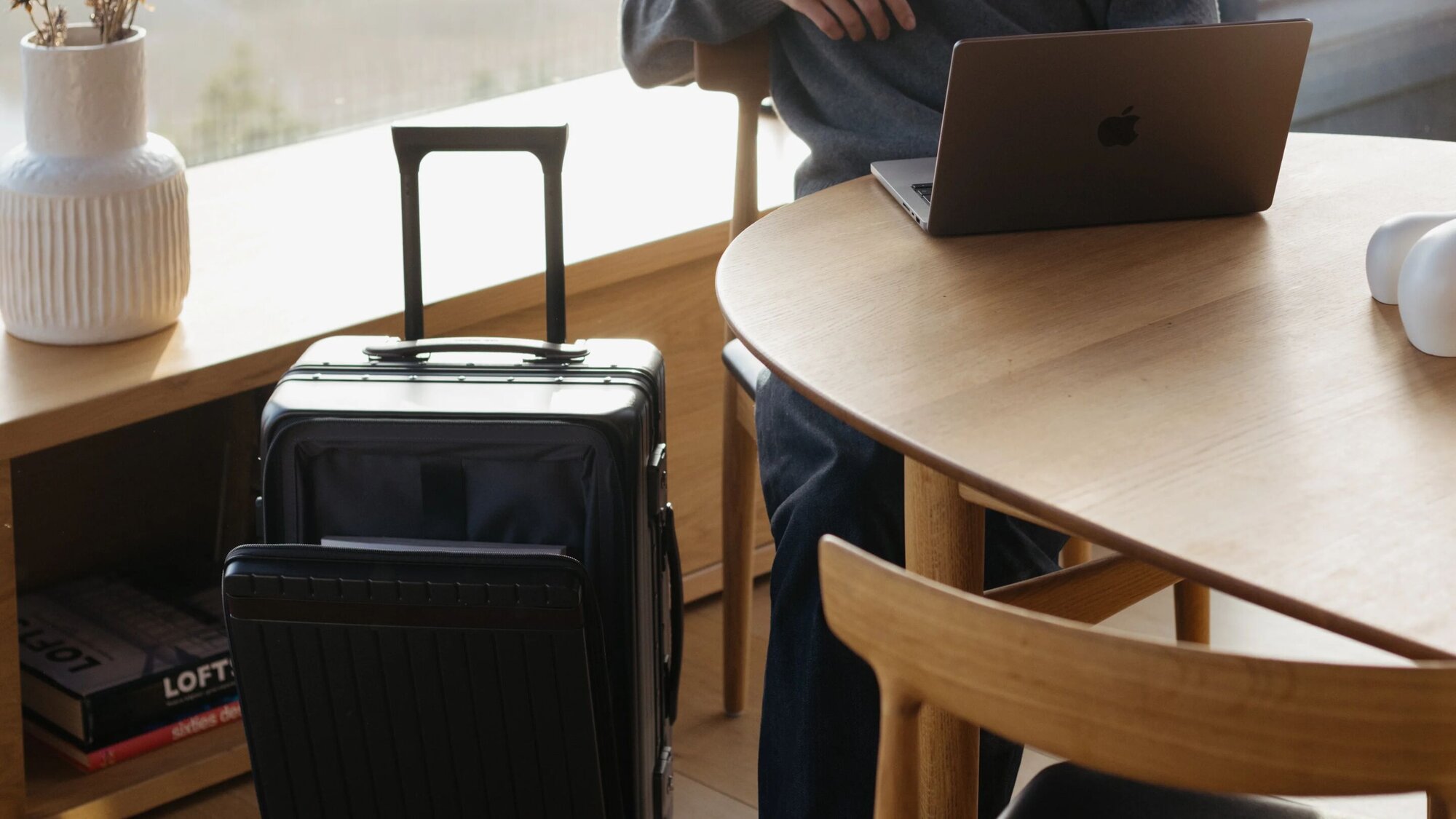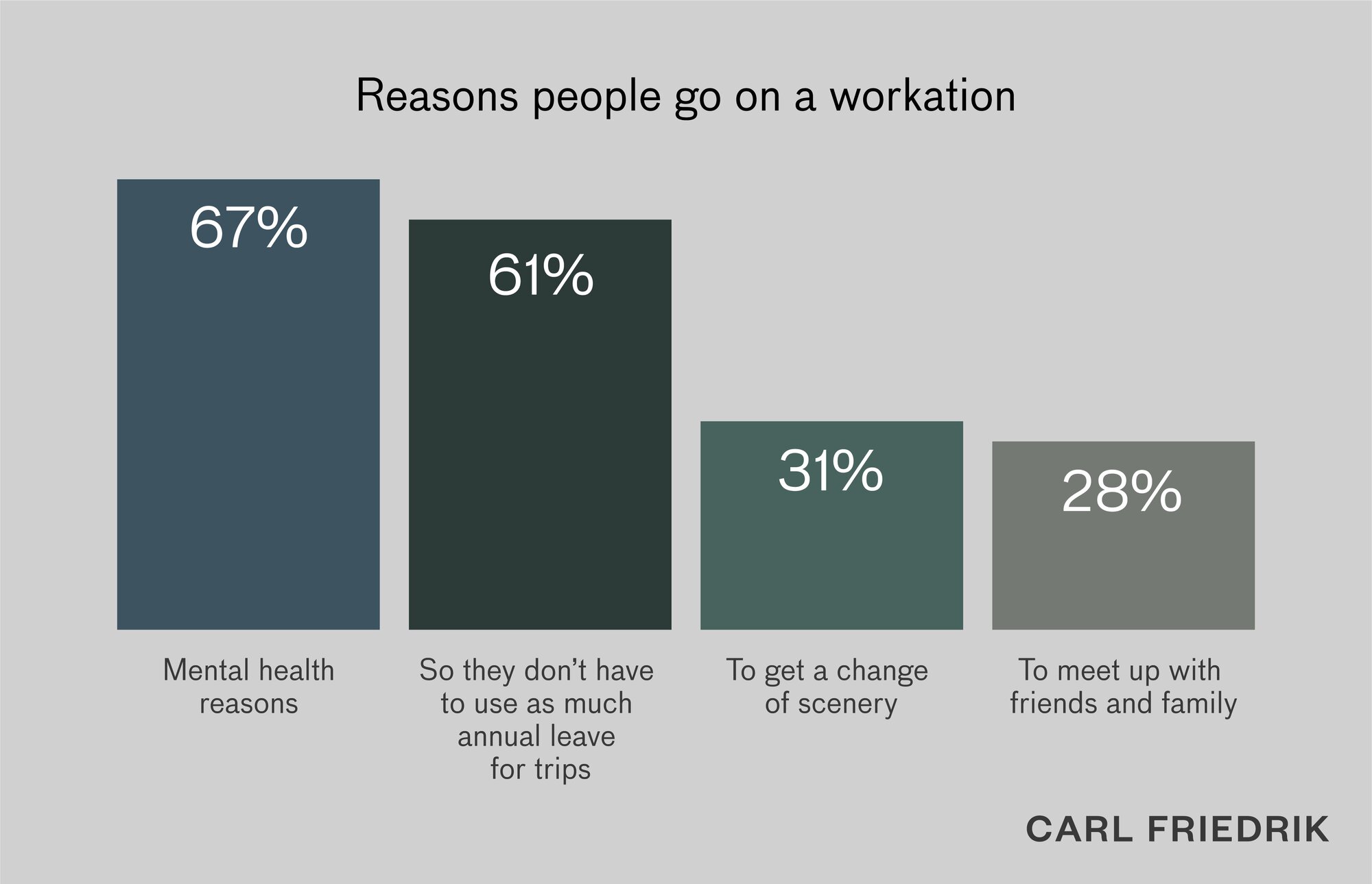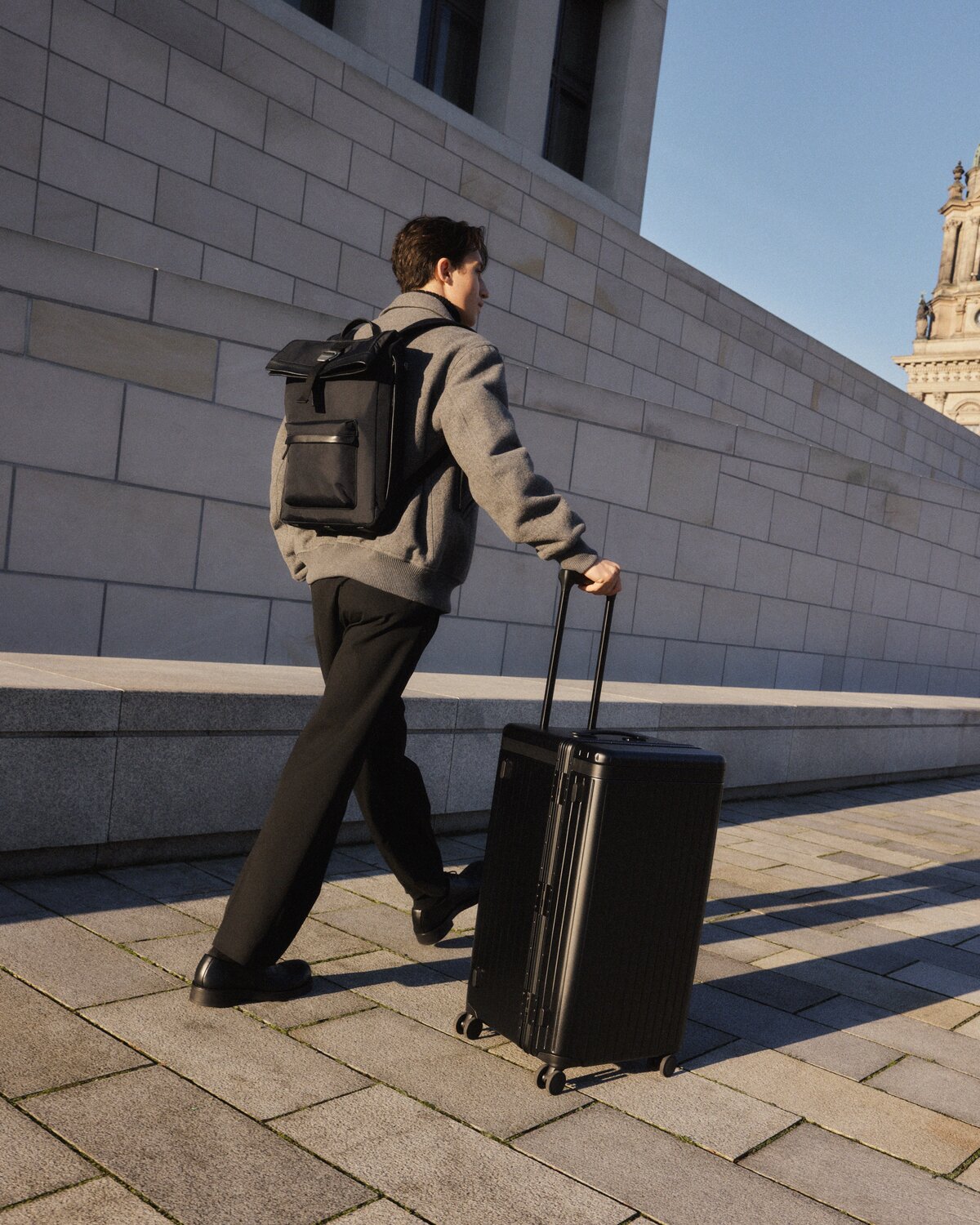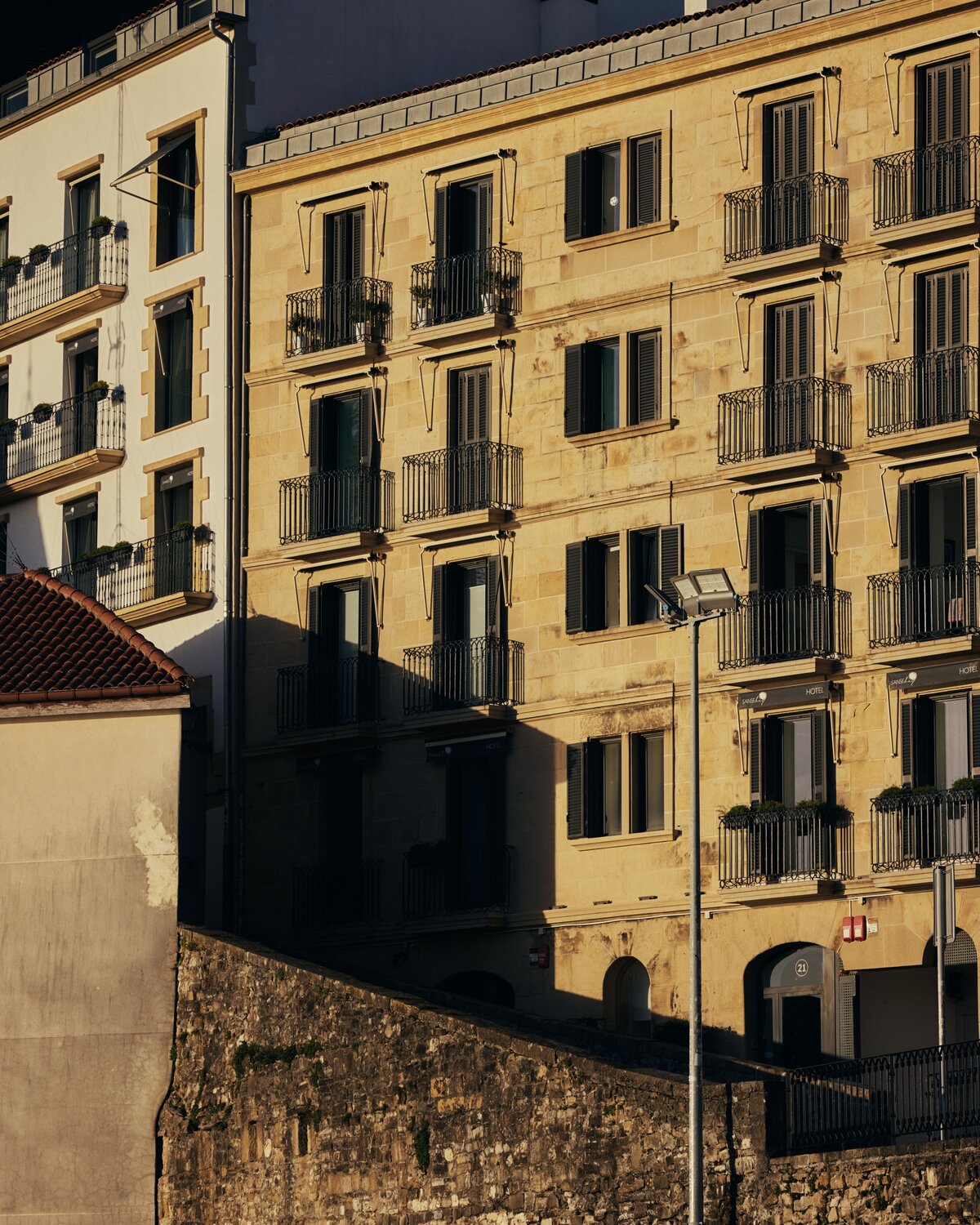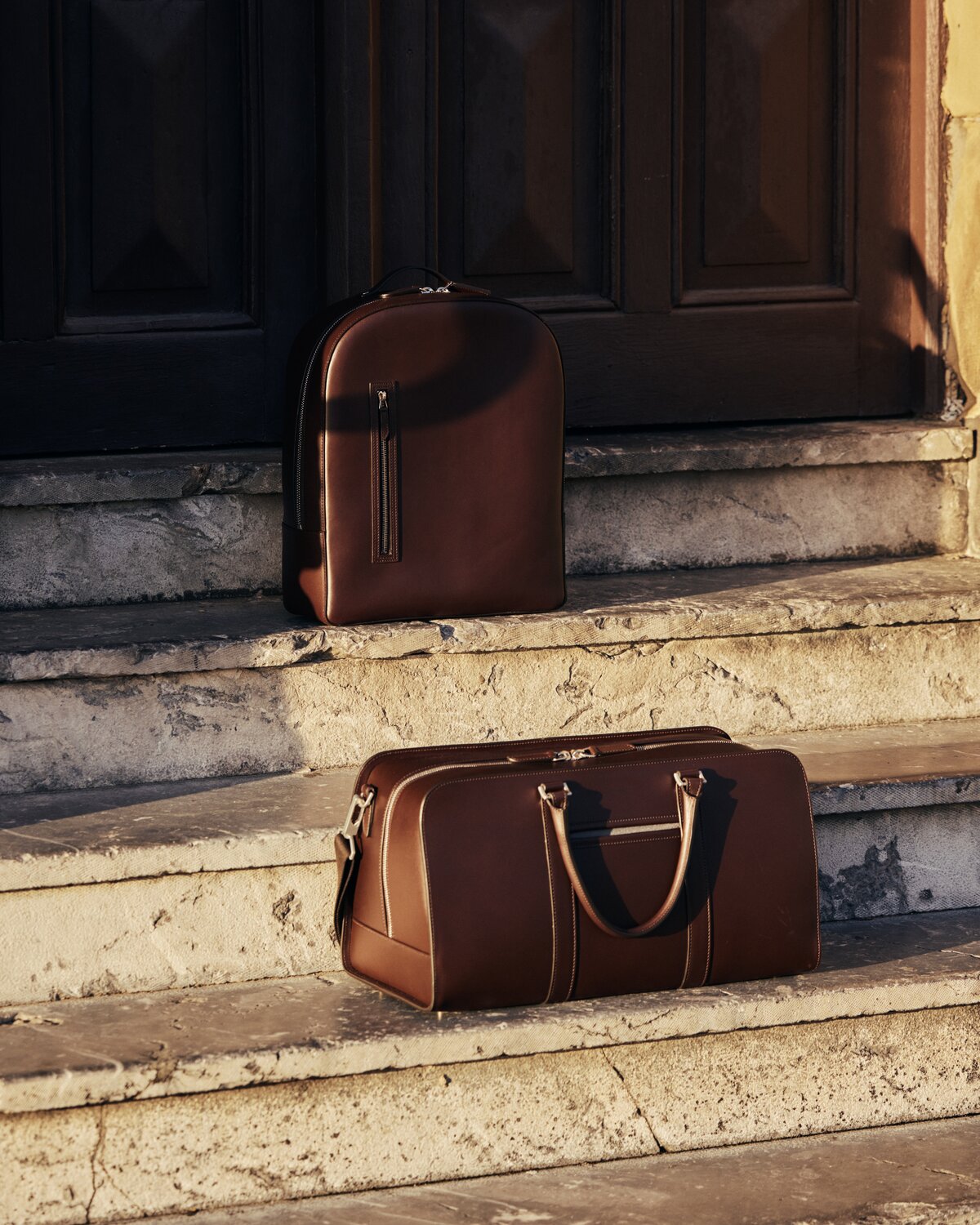‘Workation’ — a portmanteau of 'work' and 'vacation' — is a mode of travel that combines leisure with work and has been on the rise as a result of remote and hybrid working styles, which have led to workers having more control over when and from where they work.
By taking a workation, employees can explore the world on their terms and spend more time away from the office, yet still complete their work tasks on time.
Taking a workation does, however, come with its challenges. Most notably, you need to be very disciplined and avoid the temptation to leave a hotel room there are Zoom calls to take. It requires motivation and good time management to be a successful remote worker.
When it comes to companies allowing workations, employers also need to set up an infrastructure and the digital resources required for communication to be clear and transparent, with agile work systems and good technology, so that remote workers can still collaborate and work together effectively from wherever they are.
Contents
Why do people take workations?
Benefits of a workation
Are workations becoming more popular?
Popular destinations for a workation
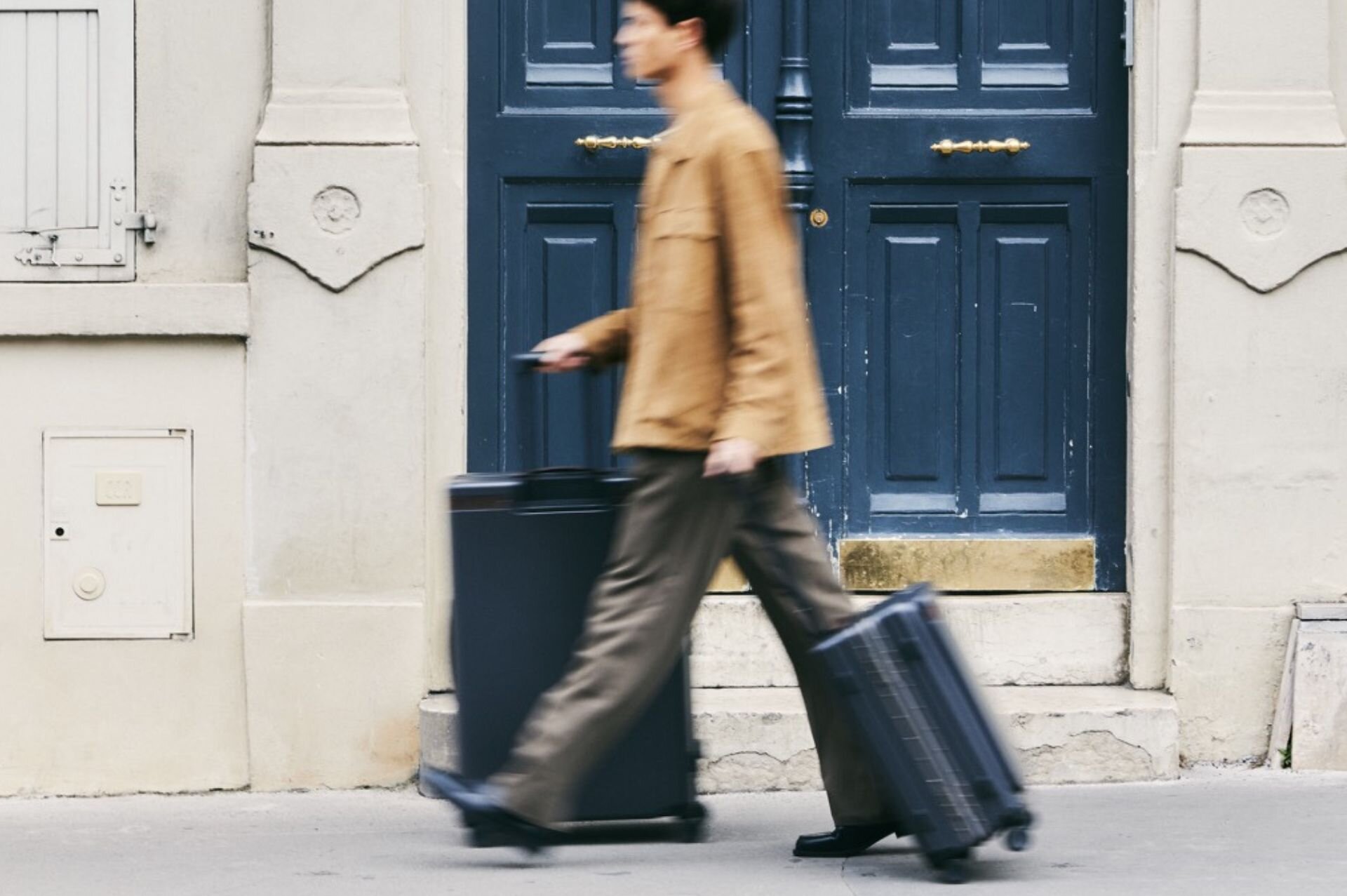
The Luggage Set
Why do people take workations?
The main idea behind a workation is to offer a person the time to switch locations and explore more places, so they can escape their everyday working environment and the world. It’s a similar concept to bleisure travel, which involves travelling for business but taking time out or adding additional days to the trip to enjoy the city they have travelled to.
Instead of sticking to a strict nine-to-five schedule, either from home or in the office, a worker can log on from wherever they choose. When it's time to clock off, they can do a spot of cultural tourism or hit the beach.
Another reason people take workations is because it means they can spend lengthier amounts of time in one destination, without using so much of their annual leave. For instance, a European may decide to jet off for two weeks to a far-flung destination like Australia’s eastern seaboard, taking one week of the workation as working time, and one week purely for leisure.
In doing this, they only have to use 7 days of their allotted annual leave, which means they can effectively take more time travelling the world outside of office hours.
Remote working and the ability to work from anywhere that has a strong internet connection has made the workation a tempting prospect for many.
According to Seotravel, 67% of people surveyed go on a workation for mental health reasons and to recharge. 61% of people take a workation so they don't have to use up as much of their annual leave to see new places. 31% of people organise a workation to get a change of scenery, and 28% take one to meet up with friends and family.
Benefits of a workation
There are many benefits to a workation for those looking to explore new horizons while working along the way; let’s take a look at some of the main advantages.
Greater flexibility
Flexibility is becoming one of the most important aspects of people's jobs. A new study from the CIPD (Chartered Institute of Personnel and Development) has found that 4 million people have changed careers and 2 million people have left their jobs over the last year because of a lack of flexibility.
Many people want something different from the typical nine-to-five, so they can spend more quality time with family, and live a fuller life. Having a workation is all part of achieving a better work-life balance and allowing people to travel the globe.
Improved creativity and inspiration
Travelling more and taking a workation can also lead to greater productivity. A repetitive and monotonous routine, working from the same location, can become uninspiring over time.
Having the choice to rest your mind and refresh with a workation can also prevent the risk of burnout and reduce stress.
Socialisation
Workations give workers the chance to spend more time with family and friends who may be located in faraway locations. Remote workers who take workations also have the opportunity to meet digital nomads with similar lifestyles.
According to a survey from Seotravel, 83% of workers strongly agree that a workation helps them with burnout, while 86% claim it boosts their productivity. 81% of people claim to feel more creative after taking a workation, and 84% are happier in their jobs if they take one.
Are workations becoming more popular?
In short, yes. In the UK, the trend for workations is rising, with 46% of employees having taken a workation in the last year. The workation market in Japan is estimated to be worth around 100 billion Yen.
A survey of 7,000 employees conducted by Consultancy.eu, concluded that 80% of people like to stay longer on their vacations by adding a couple of weeks of work time onto their booked holiday time.
While, according to Passport Photo Online, 67% of American workers took a workation in order to recharge, and 86% claimed that doing so helped them to feel more productive.
If you're tired of working from just one location and need a break or a change of scene, but perhaps don't have as much holiday entitlement, or the money to afford weeks away, a workation is the best of both worlds — ensuring that a worker has a longer break, but can still meet their duties and deadlines.
The COVID-19 pandemic has really changed what workers want from their employers, with a great boost to remote and hybrid working options.
Employers also see the benefits
Another reason why workations are becoming so popular is that they simultaneously benefit both employees and employers. For employers, workations boost productivity, reduce employee churn and prevent illness or stress from burnout. Leading to happy and healthier workers.
Popular destinations for a workation
If you're a remote worker looking to take a workation, there are some strong contender cities for you to visit. According to CEO Magazine, a few of the best places are:
Lisbon, Portugal
Lisbon offers plenty of charm thanks to its cultural tapestry and rich history. Its warm climate makes it ideal for remote work at any time of the year. The city also has a burgeoning startup scene, with lots of coworking spaces and tech companies. In fact, Lisbon recently came top of our guide to the best luxury bleisure cities, offering plenty of coworking spaces and luxury accommodations.
During leisure time, you can enjoy the historic architecture and Portuguese cobblestone streets filled with cafés and local shops. Lisbon’s diverse culinary scene — from sundowners to fine dining — only adds to the appeal.
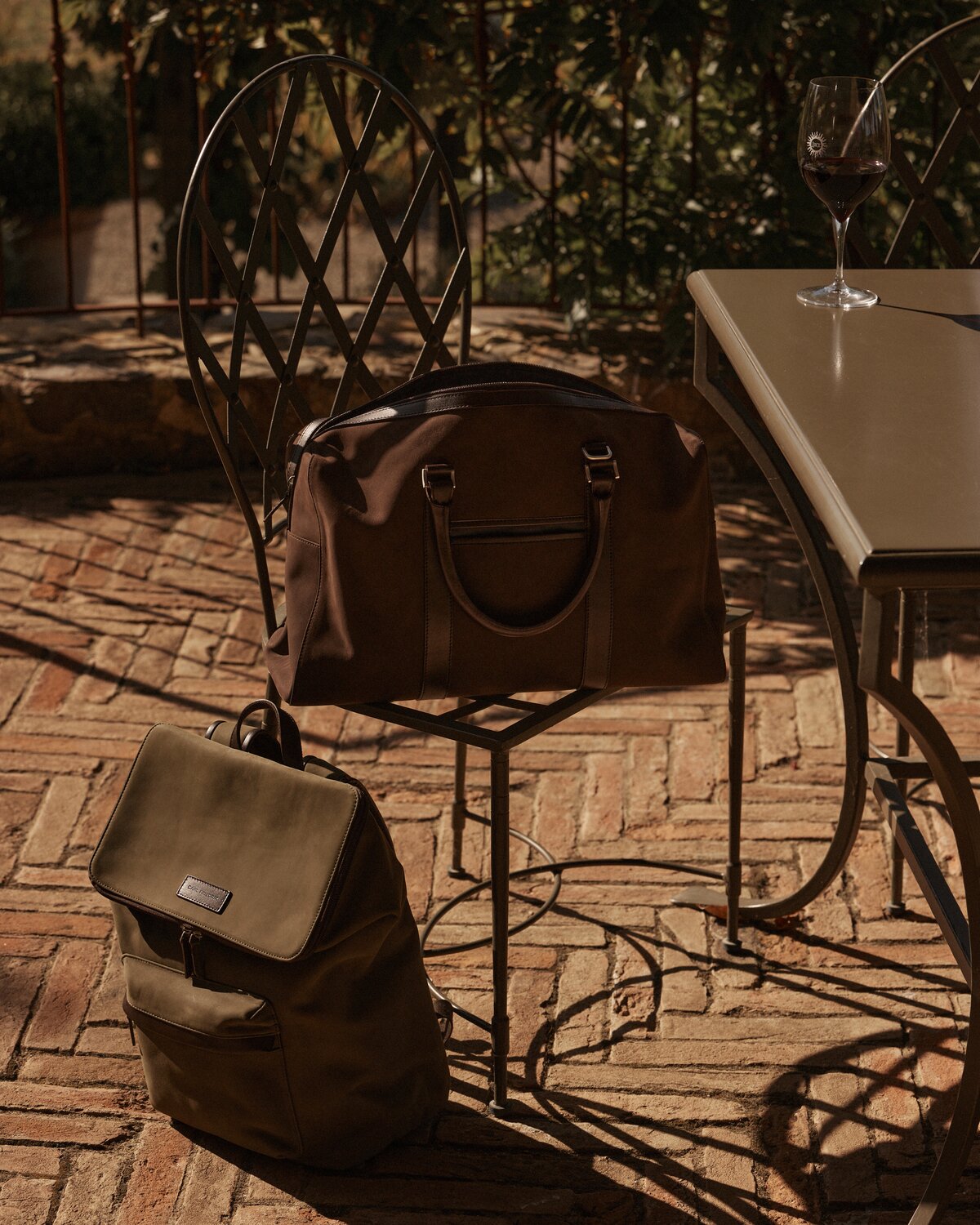
Compact Weekender
Helsinki, Finland
Helsinki is emerging as a popular workation destination with its unique mixture of Nordic culture and modern architecture. Outside of the modern city, you're surrounded by tranquil landscapes that allow for a stress-free escape.
Helsinki is at the front and centre of flexible working, with good internet connectivity and a tech-friendly infrastructure. The city's cultural offerings, from contemporary art in Galerie Forsblom to vibrant markets, provide an ideal balance of work and leisure.
Brisbane, Australia
With a blend of urban sophistication, over 200 days of sunshine per year and plenty of natural beauty, Brisbane's climate and outdoor lifestyle create a refreshing environment that helps with inspiration and productivity as a remote worker.
The city offers a plethora of coworking spaces, cafés and parks, and in your downtime, there's plenty of opportunity to explore the various shops, art galleries and live music venues, offering a perfect balance for leisure. Brisbane is also close to pristine beaches, like Sutton and Cylinder.
Auckland, New Zealand
Auckland has dynamic energy and is ideal for someone looking for a more action-packed workation thanks to its status as one of the world's adventure capitals. Surrounded by harbours, beaches and volcanic scenery, Auckland creates a rejuvenating backdrop for work and relaxation.
Outdoor activities like sailing and hiking are easily accessible, giving remote workers plenty of opportunities to get in nature and clear their minds.
Takeaway
As more hotels and public spaces offer working desks and office space for remote workers, freelancers and digital nomads, the workation looks like it's here to stay for the foreseeable future. There are plenty of benefits to this type of work schedule, for both workers and employers, not least reduced stress and better productivity.
The latest product news and travel guides? It's just a sign-up away.
